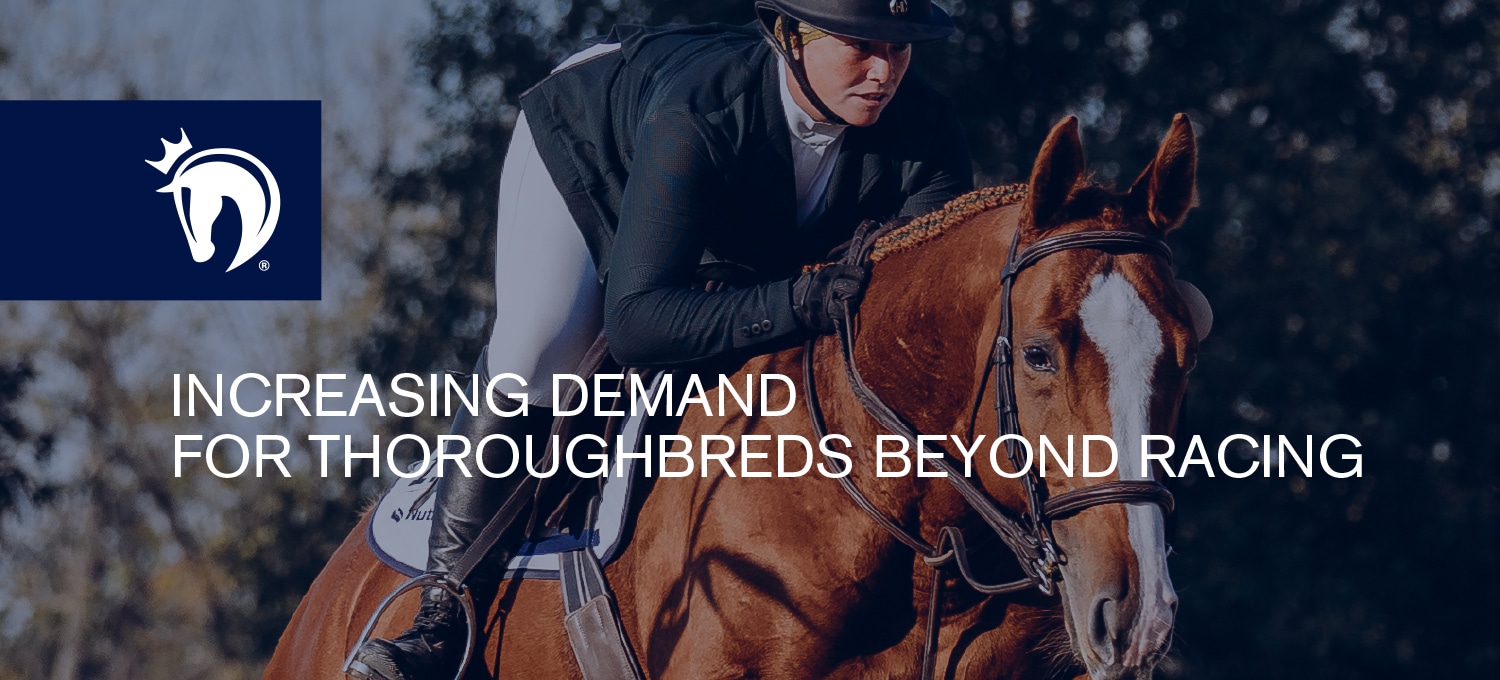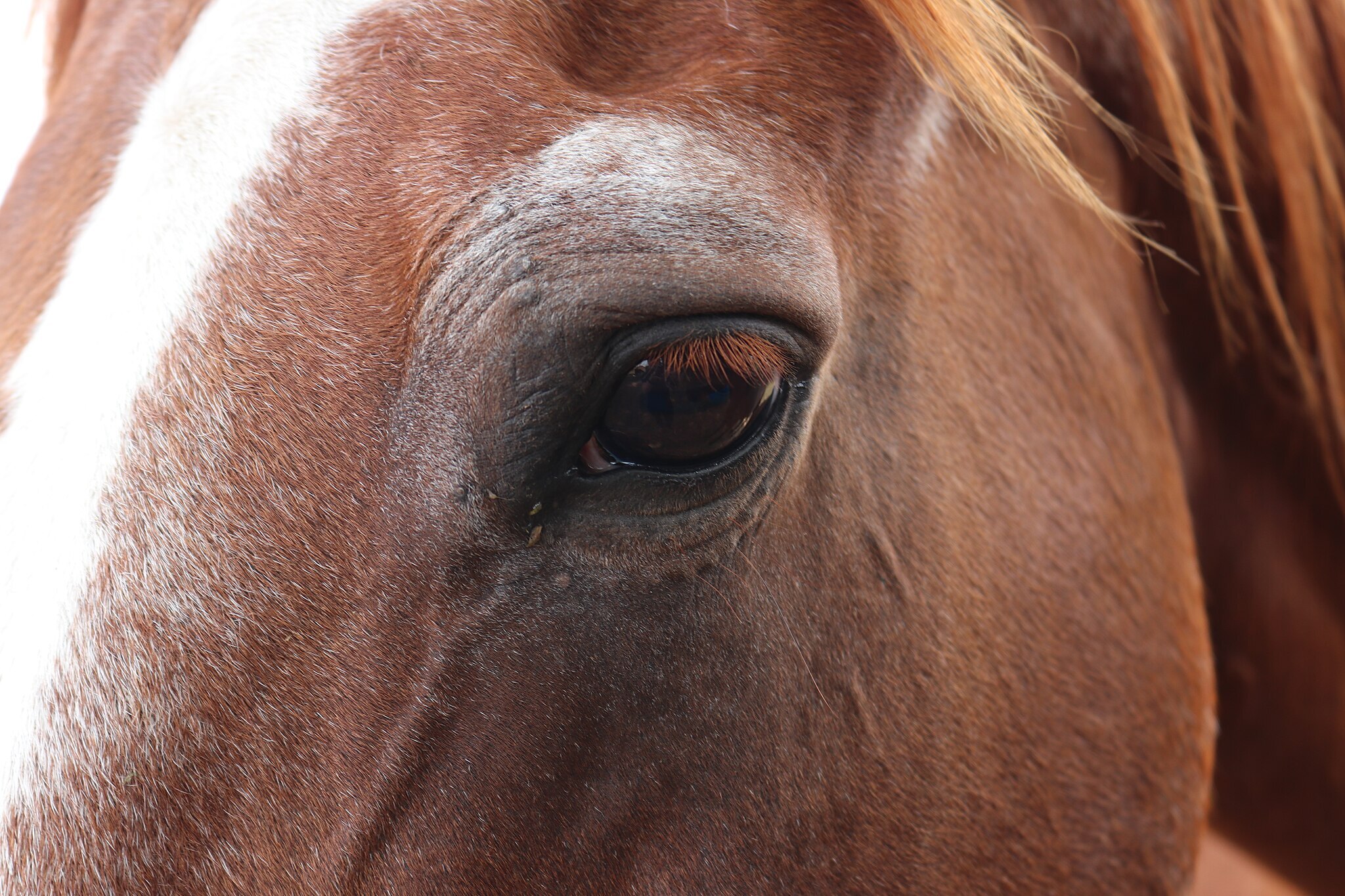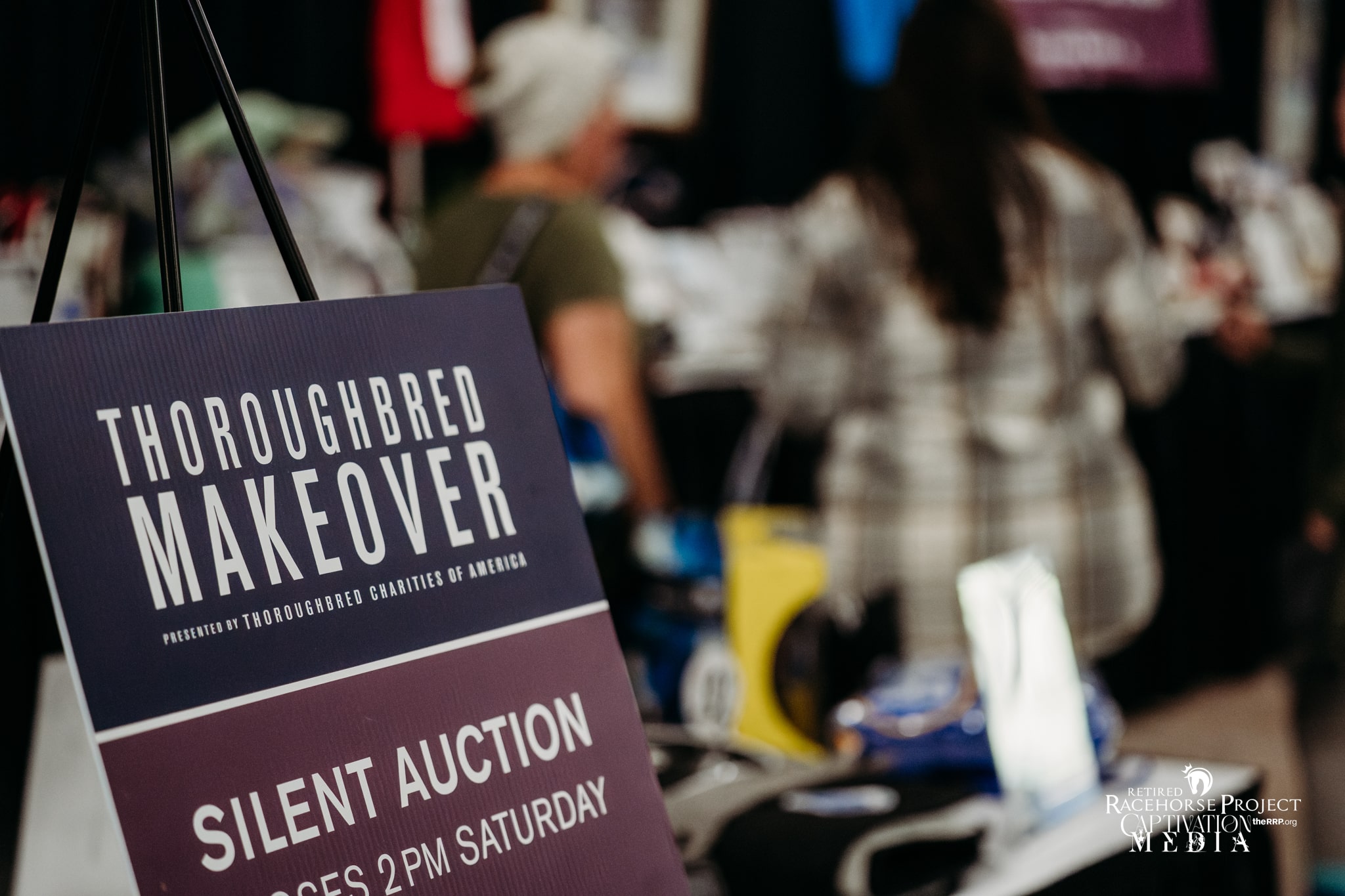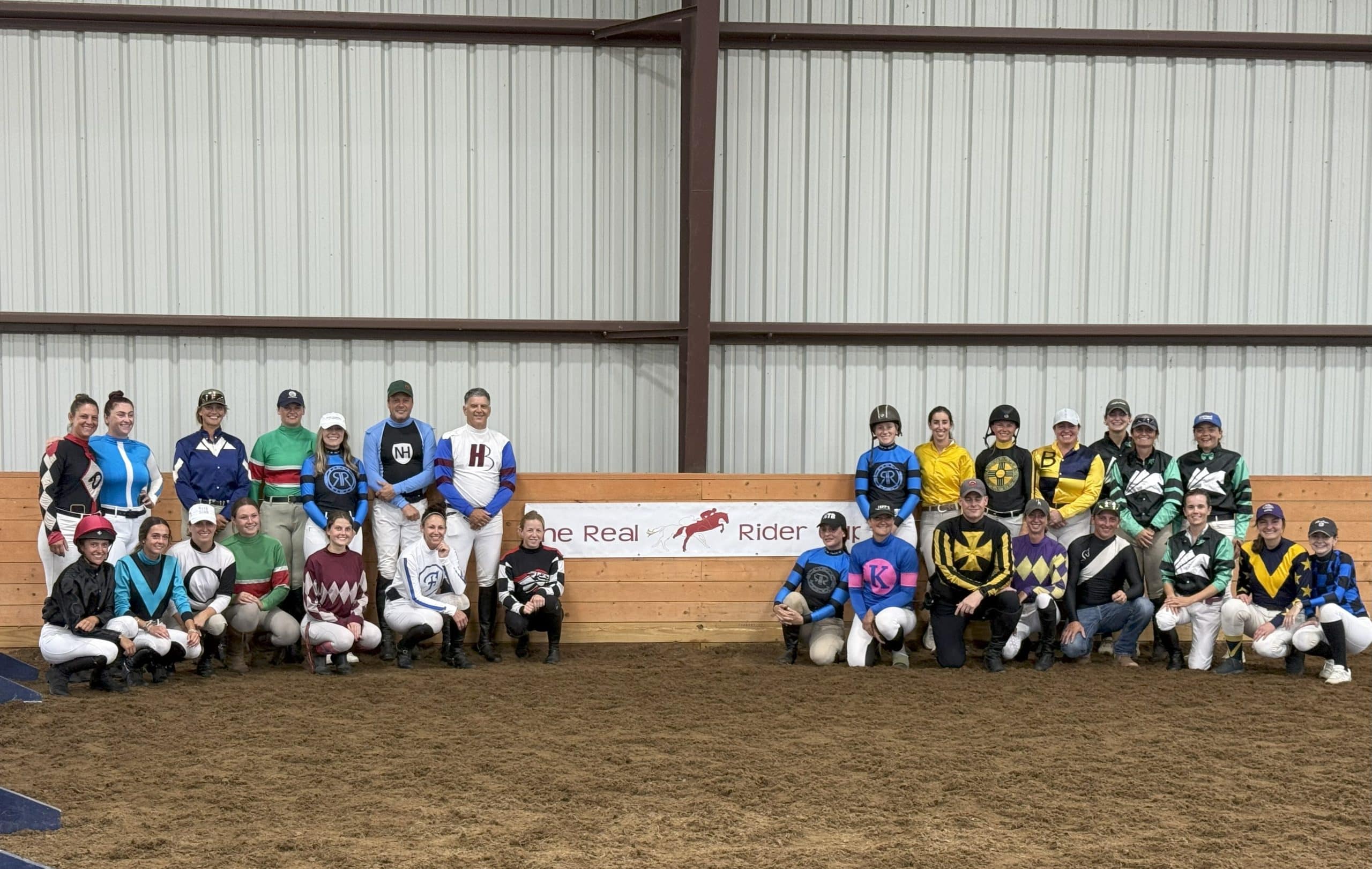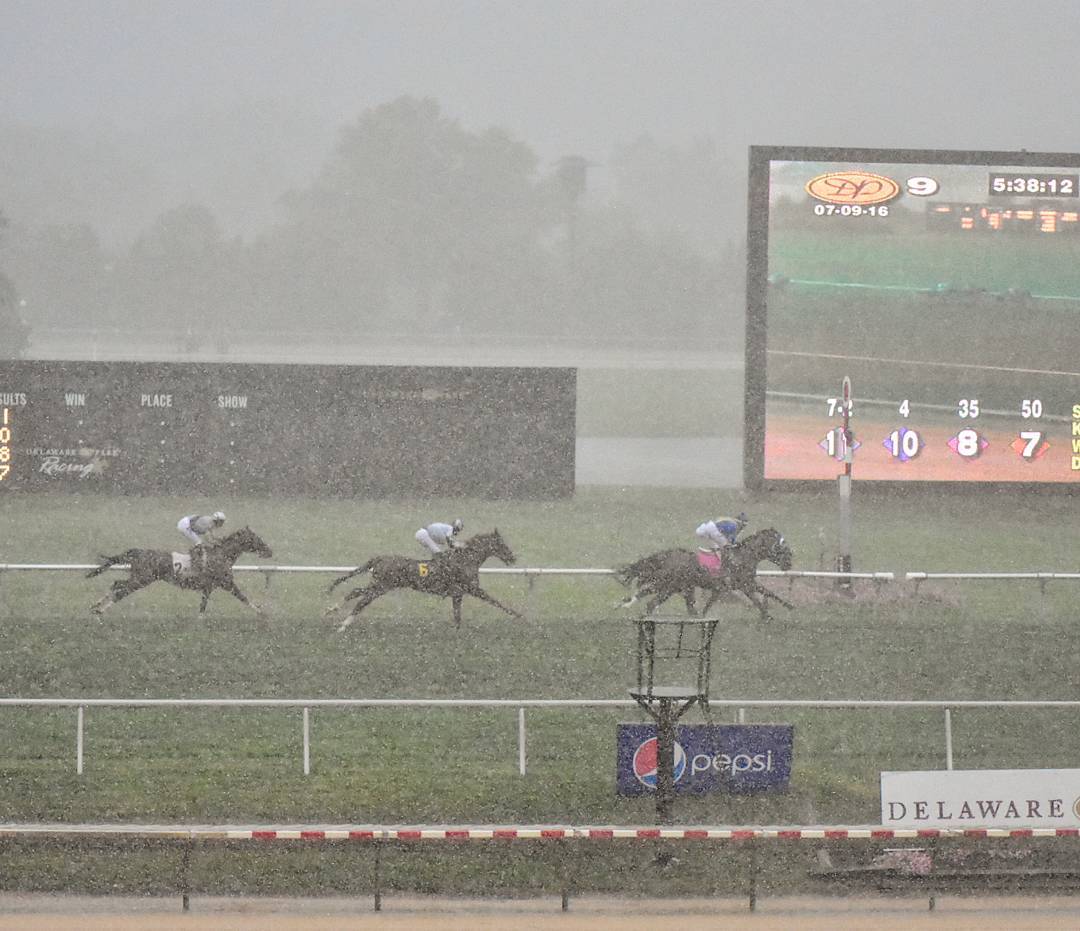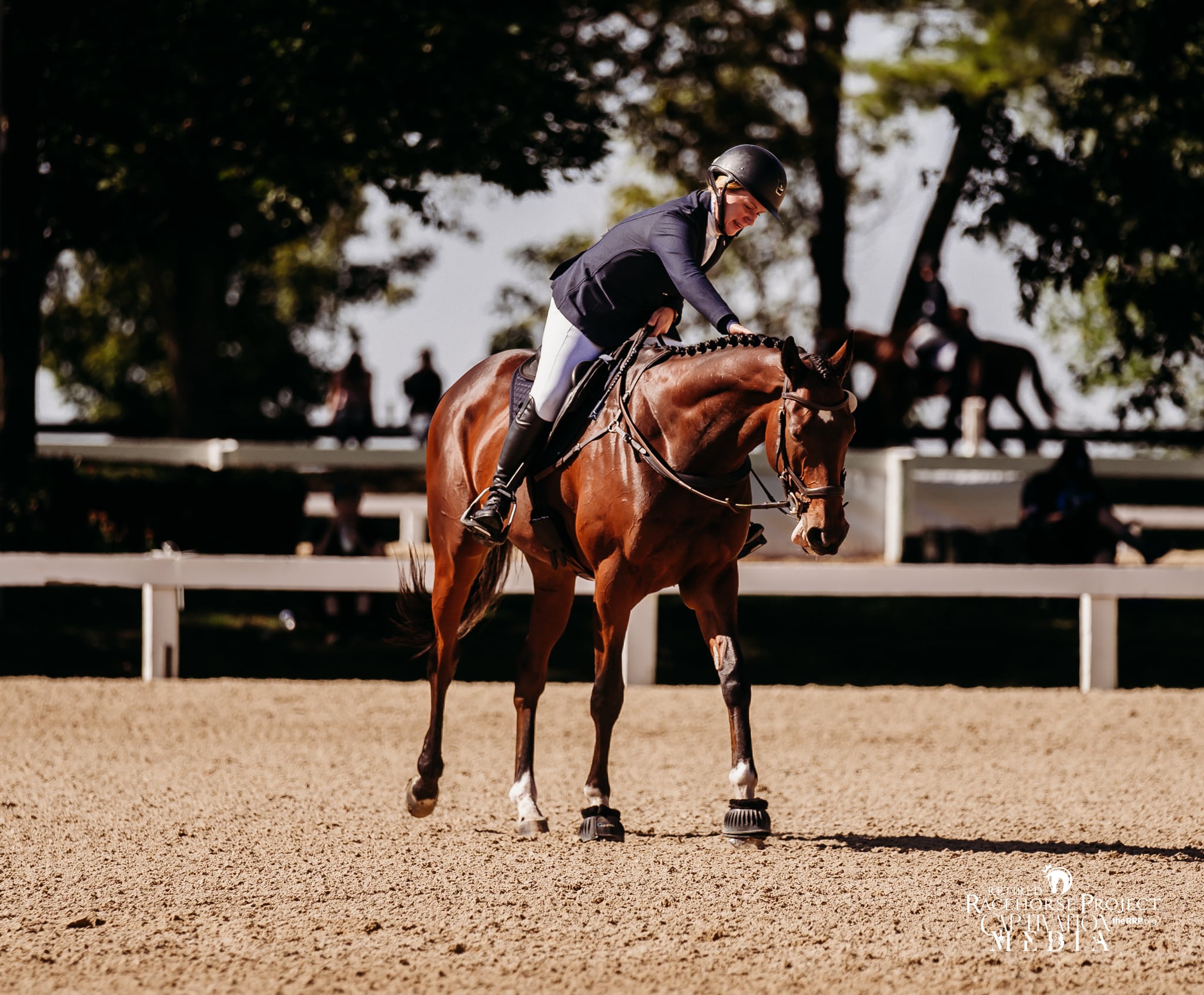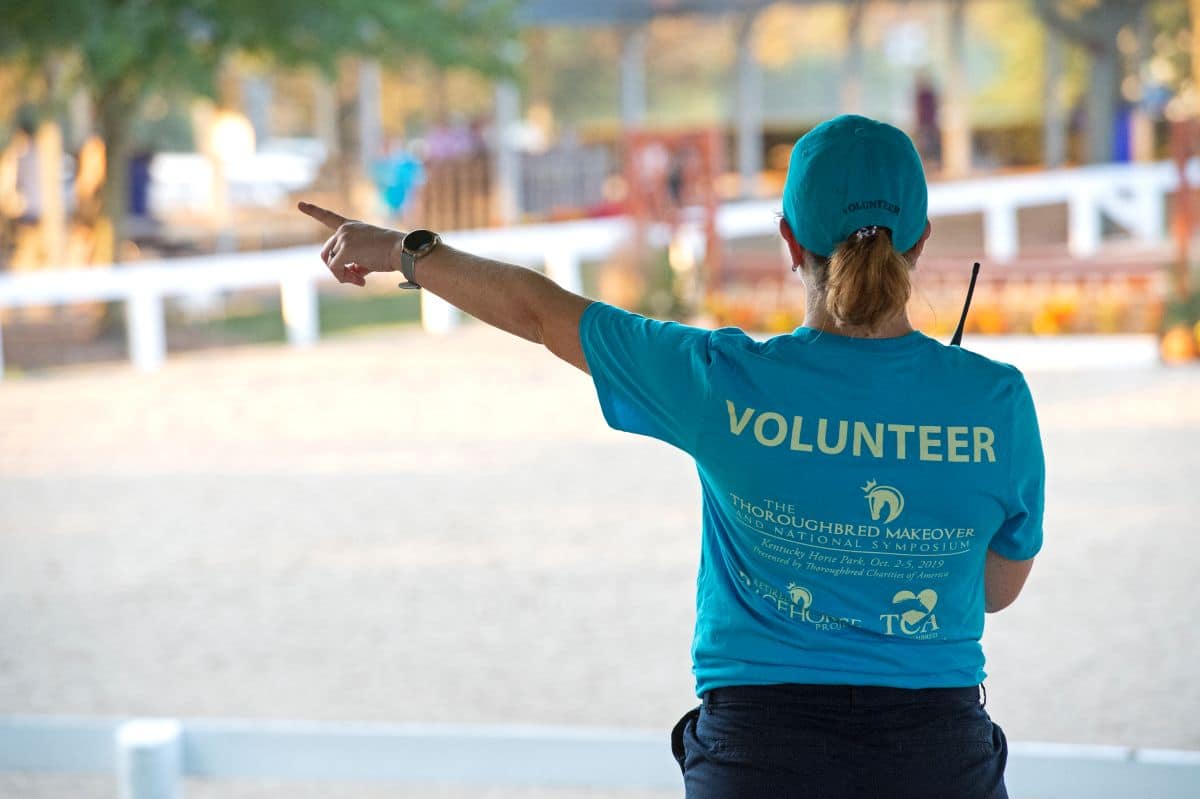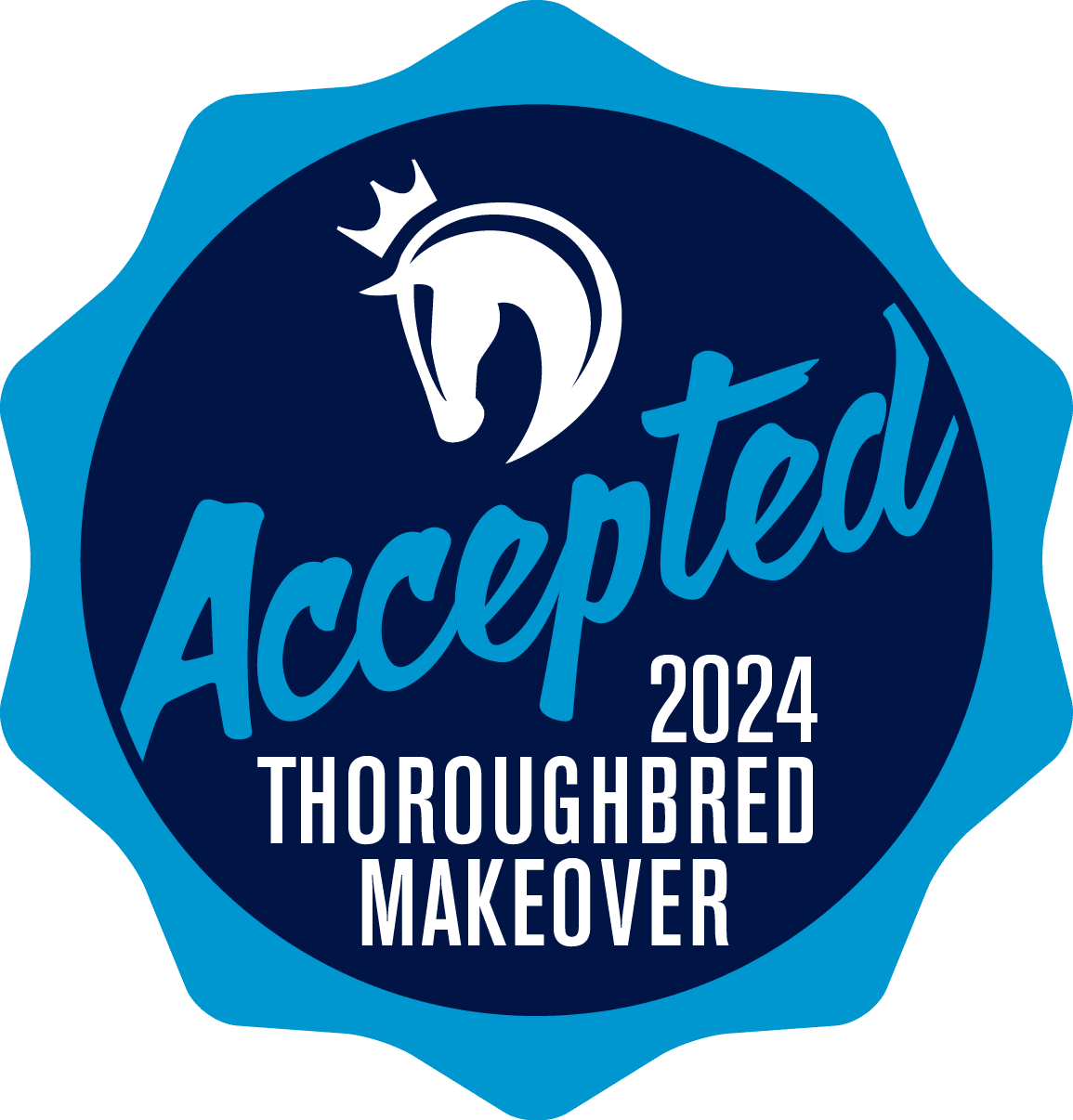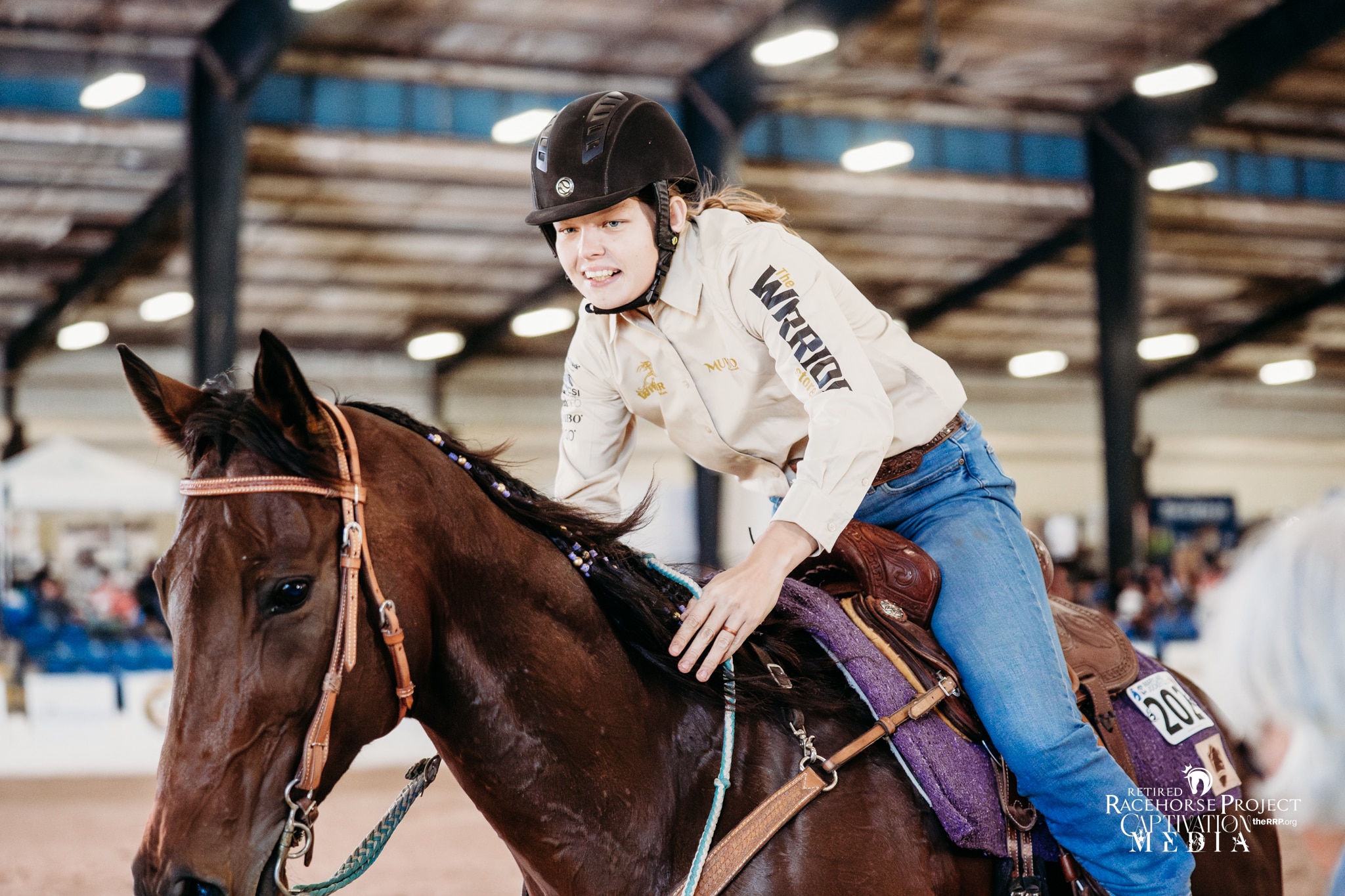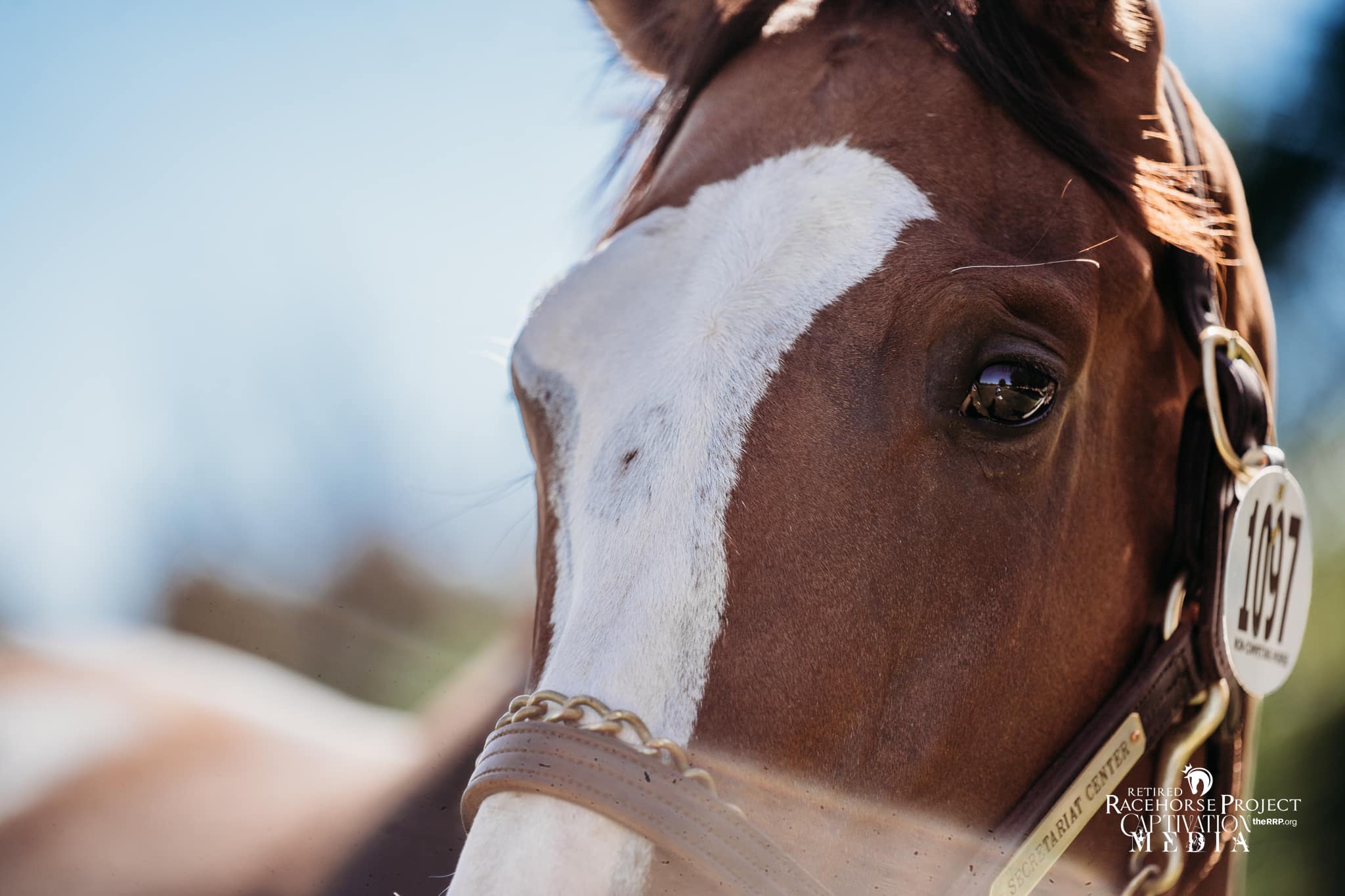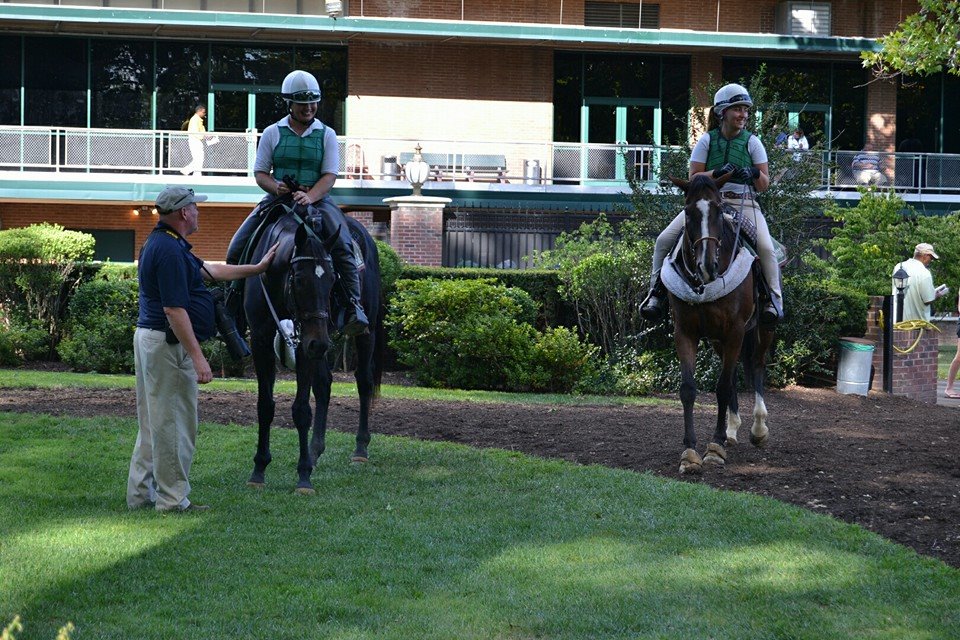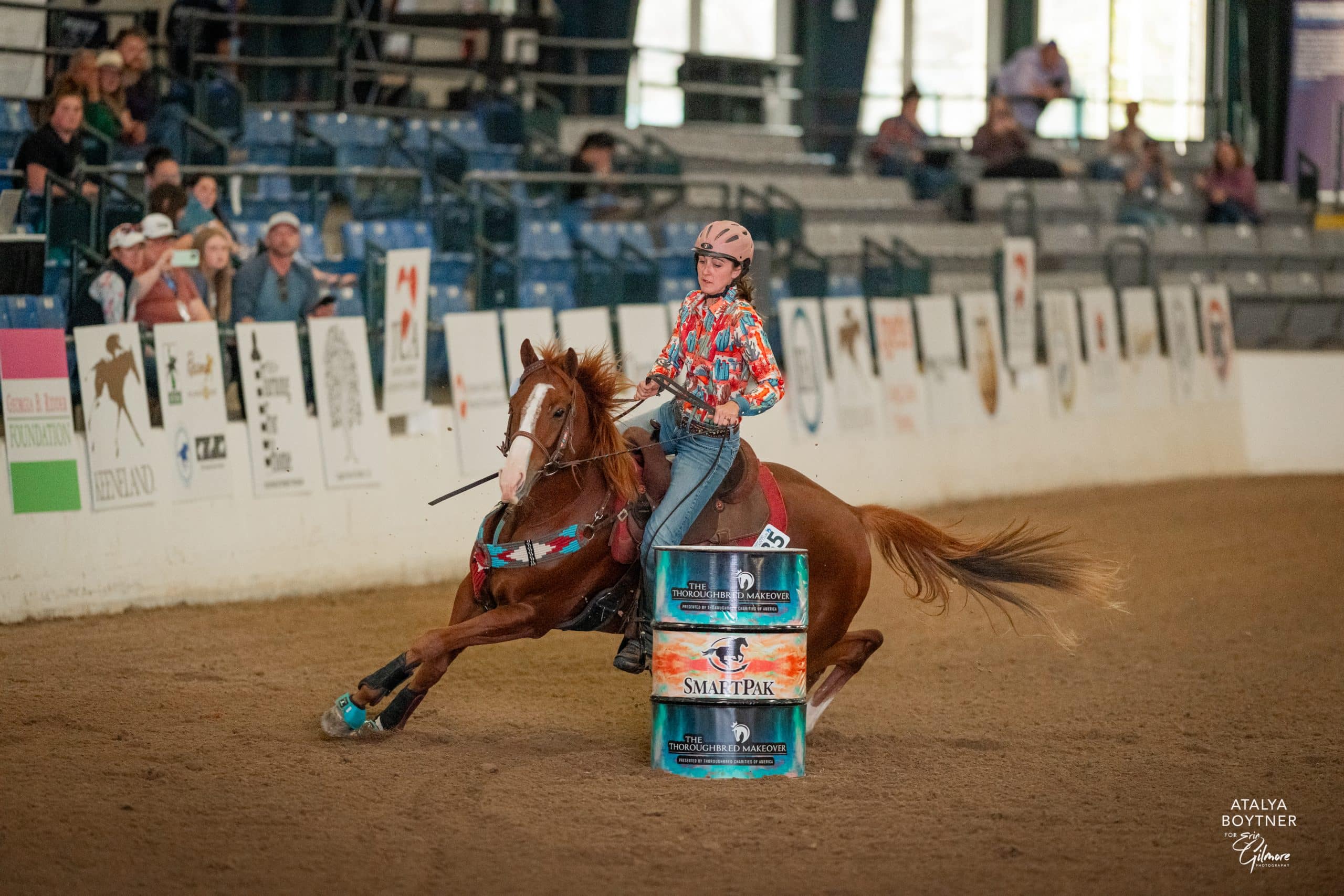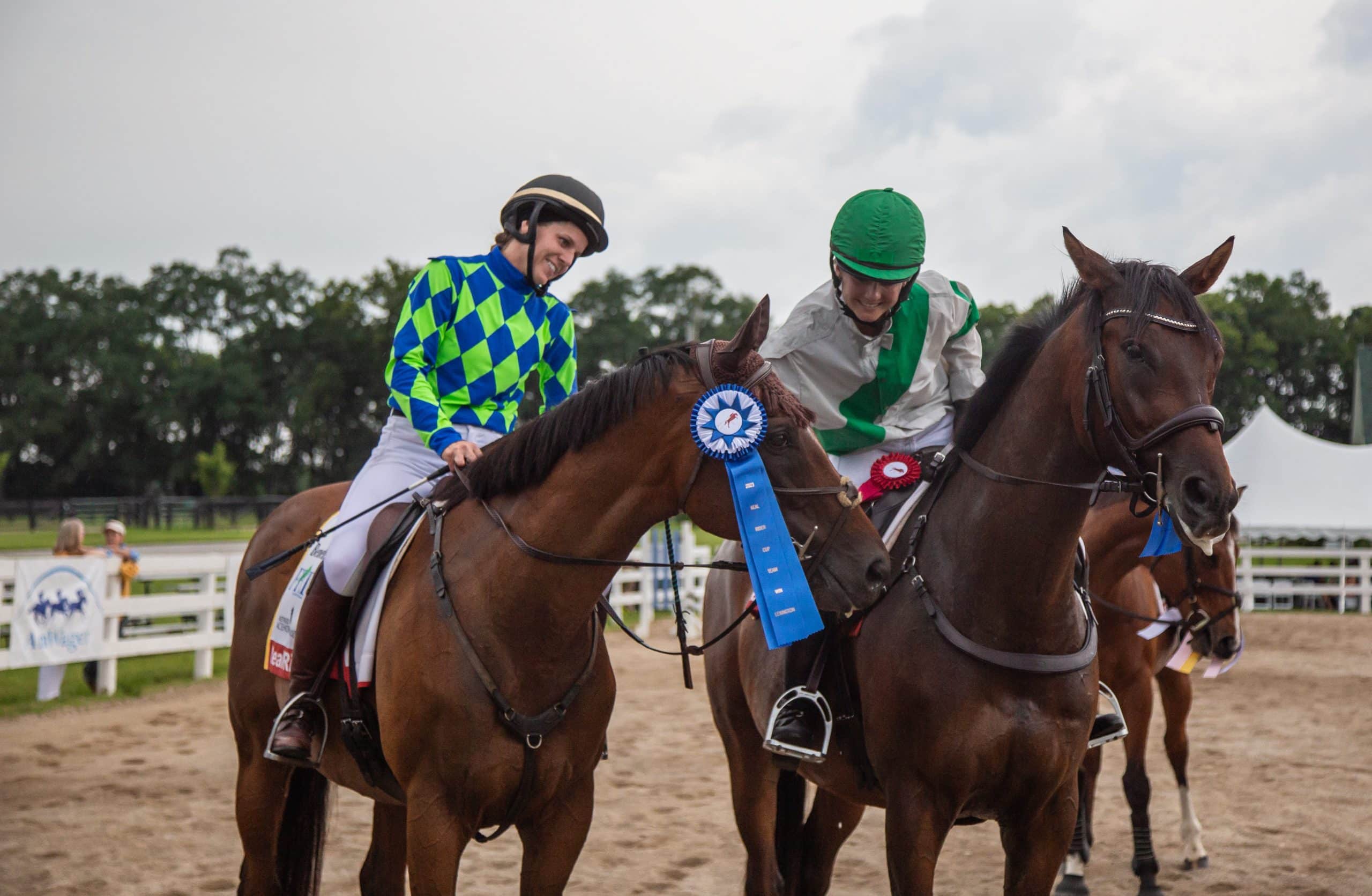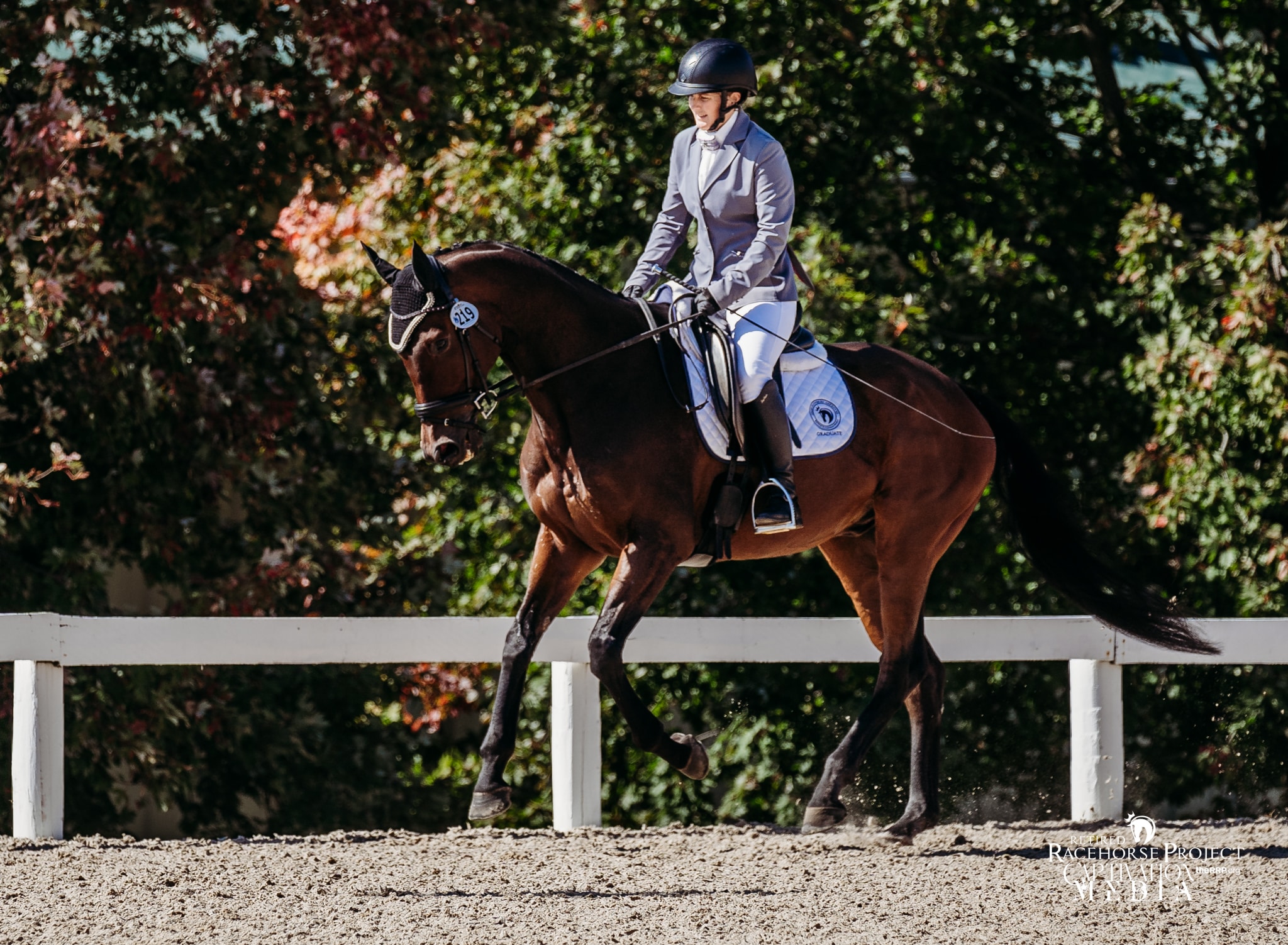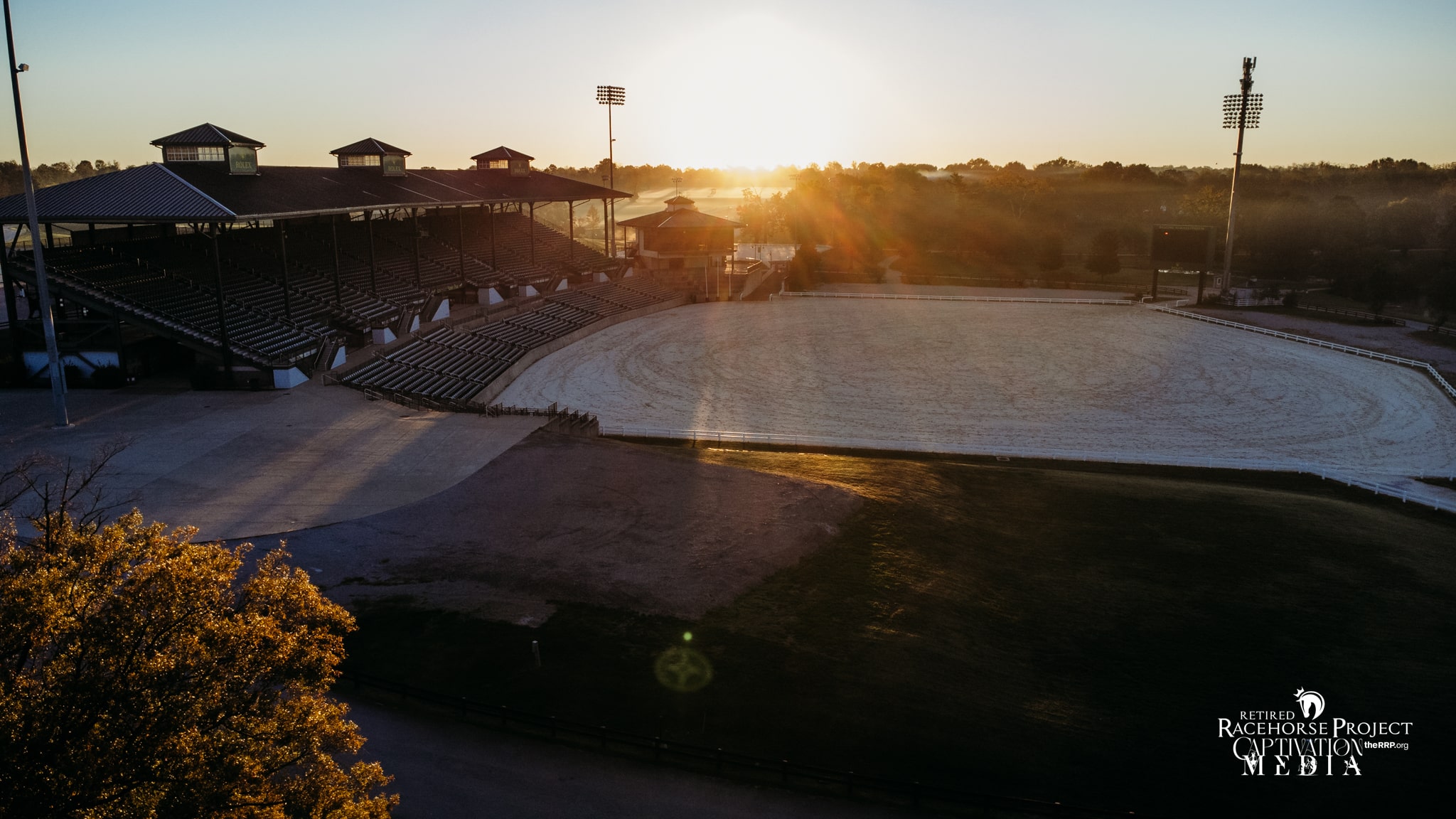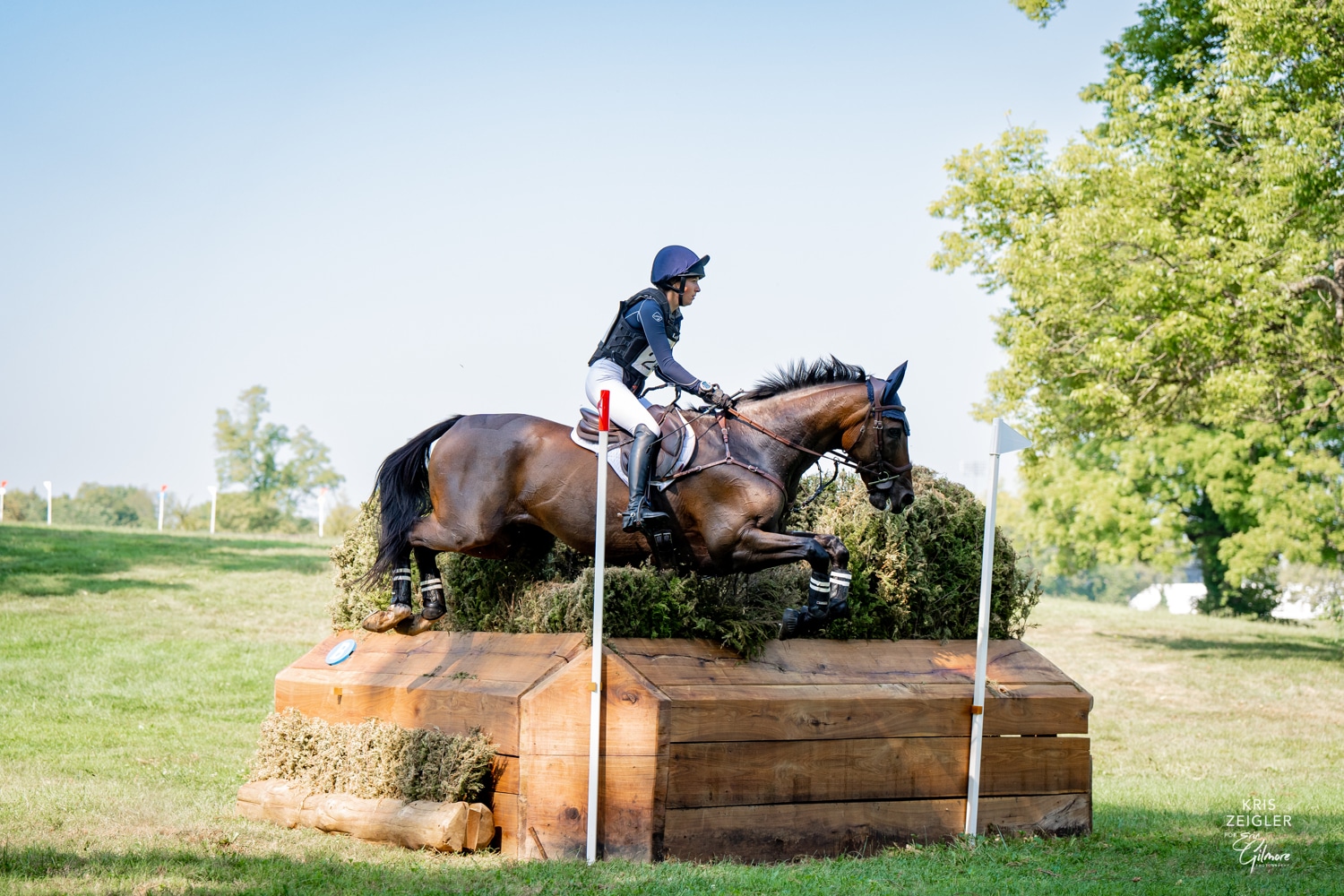Letter from RRTP President to Owners and Riders of Thoroughbred Ex-Racehorses
March 27, 2014The PETA video will make you angry. Most of it is Blasi and others profanely (and sometimes over drinks) expressing frustration with horses that have had injuries. A horse named Nehro who placed second in the Kentucky Derby has bad feet and later dies of colic. Blasi blames the owner for keeping the horse running after he should have been retired. A horse is scratched by stewards before a race for being unsound and Blasi complains. A horse is claimed and Blasi expresses joy, calling the horse a “rat.” A group of trainers jokes to each other over drinks about jockeys getting away with the use of banned electric shock devices. Together these conversations paint a picture of disdain for the horses. It does not cover distinctions between therapeutic medication and performance enhancement, and does not show horses being handled in an abusive manner. Video linked here.
Those of us who transition Thoroughbred racehorses into second careers have a unique perspective on life at the track. We get to know people on the backside when they are placing their retired horses, and we learn about life on the track through the minds and bodies of the horses after they leave. We see the best and the worst and we know how it compares to the experiences of horses outside racing. My own experiences in this work have led me to the following conlusions.
- People who work on the backside of racetracks more often than not care about their horses. Compassion is the only possible explanation for the incredibly long hours spent feeding, grooming, bathing, wrapping, blanketing, walking, and picking manure out of stalls. Yes, they are paid, but they don’t get rich. Bad trainers, bad grooms, and bad exercise riders exist, but if they don’t like the animals, they don’t last long. Happy horses train and run better. Horse abuse is bad for business
- Horses coming from the track tend to trust people. Despite the flight instinct that is bred into them they take comfort in human contact. That is a function of nurture, not nature.
- Thoroughbreds love to run. We all know how much harder it is to slow down than to speed up on our Thoroughbreds. Racing is probably the most natural, and possibly the most pleasurable, career that a Thoroughbred can have. It lets the horses express the competitive instincts that they show with each other as happy youngsters at pasture. Horses win when they want to.
- Injuries happen, and every horse owner, whether inside or outside of racing, works hard to prevent them. Despite the manicured surface, the state-of-the-art veterinary care, and the carefully managed conditioning programs, speed causes injuries. Sometimes horses are pushed beyond what their bodies can take, but more often it is their instincts that inspire the speed and concussion that results in injury. Racing trainers will tell you that their art is more about protecting horses from injury than inspiring horses to run fast. Knowing when to let a horse work and how hard to let it work is the science of the game.
I look up to people in the Thoroughbred industry. I admire their commitment to their horses and their skills. To me their game is simple, pure, and all about passion. I can’t think of a person on the backside of a racetrack who doesn’t share with me the stirring in the soul that comes from watching a Thoroughbred horse as it gallops by within fifty feet of where I stand at the rail.
Despite my admiration for the players in the game I, like most of them, want the rules to protect the horses. Rulemaking is key to any kind of competition and in a sport like racing where new therapies are rolled out for the athletes every year, rules must evolve with the times.
My chosen sport is three-day eventing, an Olympic sport that like racing presents a degree of risk and from time to time comes under scrutiny by mainstream media. Like all horse sports in America other than racing, eventing has a national association that can propose and implement rule changes in a matter of months. Eventing has evolved, and while not everyone likes the direction it has taken, the sport is growing and injuries are down. Other horse sports in the United States are similarly governed at the national level.
Horse racing has no national governance. The rules are set by state racing commissions. The commissions vary in their commitment to horse welfare and their knowledge of the sport. They are government agencies whose members are appointed by politicians.
There is a plethora of national organizations representing segments of the racing industry, including The Jockey Club, National Thoroughbred Racing Association (NTRA), and Thoroughbred Owners and Breeders Association (TOBA). All three of these organizations have committees, recommendations, and programs to encourage safety and welfare of Thoroughbred horses. If these organizations had the power to regulate the sport tomorrow it might look very different.
The more I explore the rules of racing the dumber I feel. I don’t like the claiming game, but don’t understand the implications of changing it. I don’t like the way shock wave and joint injections are used to keep a horse running beyond what nature intended, sometimes taking away the chances of a second career, but I have done both on horses in my sport and seen their relief from discomfort. I like the sound of drug free racing, but have seen in other horse sports how complicated it is to distinguish performance enhancement from responsible therapy. But still, I want solutions. I want more sound horses retiring from racing whose choices of second careers are unlimited.
Smart people inside racing are working to improve the sport and take care of its athletes, both on the research side and the oversight side. The Racing Medication and Testing Consortium recently proposed new standards that have been adopted in several states and are under review in many others. NTRA’s Safety and Integrity Alliance accredits racetracks that meet very specific standards designed to protect horses and personnel. Thoroughbred Charities of America donates millions of dollars to charities that serve horses, and the Grayson-Jockey Club Research Foundation funds studies to improve the lives of racehorses. Let’s make sure these organizations are well-funded, well-directed, and recognized for their work.
Public scrutiny has its place. PETA has every right to conduct a campaign against horse racing in America, and nothing stops reporters from sensationalizing the news. That is the environment that racing and all sports are in today. So what. Let’s have the conversation. Let’s tell the story of what life is like for a racehorse. And let’s tell the story of what these magnificent animals do later in life with the education they receive as racehorses. Maybe somebody will listen.
Sincerely,
Steuart Pittman
President, Retired Racehorse Training Project
Retired Racehorse Training Project is a 501(c)3 charitable organization working to increase demand for Thoroughbred ex-racehorses across America and to build the bridges to second careers. It’s educational programs and online directories can be found at www.retiredracehorsetraining.org. Its ongoing news is covered on Facebook.


